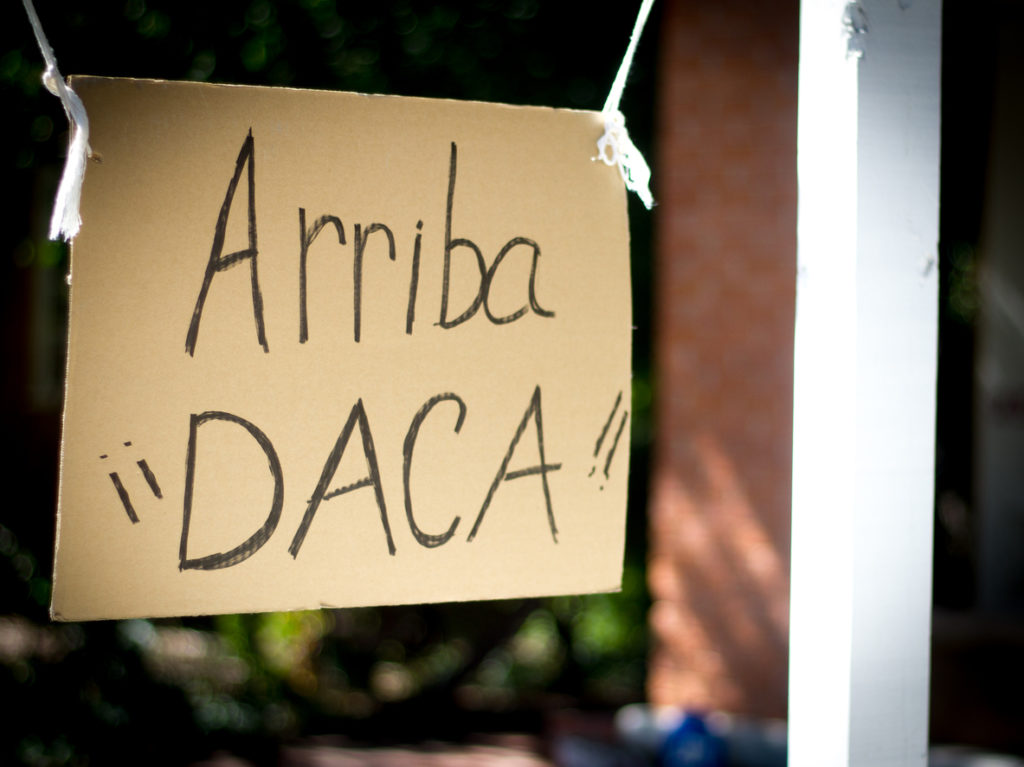On September 5, 2017, President Trump announced that the Deferred Action for Childhood Arrivals (DACA) program would be ending. This impacted nearly 800,000 young people who
entered the U.S. before age 16 who had temporary protection from deportation and work authorization. Here is what is happening with the current state of DACA.
On September 8, 2017, the University of California filed a complaint challenging the rescission of the DACA program and asking the court to enjoin the implementation of the rescission. On January 9, 2018, the district court issued an order that the government to must partially maintain the DACA program. On January 13, 2018, USCIS updated its website to include new guidance on submitting DACA renewal applications in light of the January 9, 2018 district court decision.
Since the Trump administration’s order to rescind DACA, there has been increasing pressure on Congress to pass permanent legislation such as the Dream Act. While Congress may act and pass a permanent protection for Dreamers, individuals who have already been approved for DACA may currently submit renewal applications under certain conditions.
Who Can and Cannot Renew?
The District court stated that applications from individuals who have never applied for DACA “need not be processed.” However, the court also noted that the decision does
not prevent DHS from adjudicating new DACA applications.
According to the guidance on the USCIS website, Individuals who were previously granted deferred action under DACA may request renewal by filing Form I-821D (PDF), Form I-765 (PDF), and Form I-765 Worksheet (PDF), with the appropriate fee. Applicants whose DACA had expired within the past year or will expire within 150 days are eligible to apply for renewal. USCIS’s guidance states that recipients whose previous DACA expired on or after September 5, 2016 may file a renewal application.
For individuals whose DACA expired prior to September 5, 2016 or whose DACA was terminated, USCIS guidance states that they are eligible to reapply, however, they must submit an INITIAL DACA request following the instructions on the forms I-821 and I-765. Applicants should also note on the form the date of their prior DACA grant.
USCIS is not accepting requests from individuals who have never before been granted deferred action under DACA. Additionally, USCIS will not accept or approve advance parole requests from DACA recipients.
Because the Trump Administration has already appealed the district court’s decision to both the Ninth Circuit and the Supreme Court, and given the often long processing times for DACA applications, DACA recipients should consider submitting renewal requests as soon as possible. Applicants should also be aware that the court’s decision could be overturned and their application fees could be lost if USCIS denies the pending renewals.
While the court decision gives us some hope for our Dreamer clients, we encourage everyone to continue to pressure Congress and the President to pass a humane and permanent solution for this sympathetic population.


